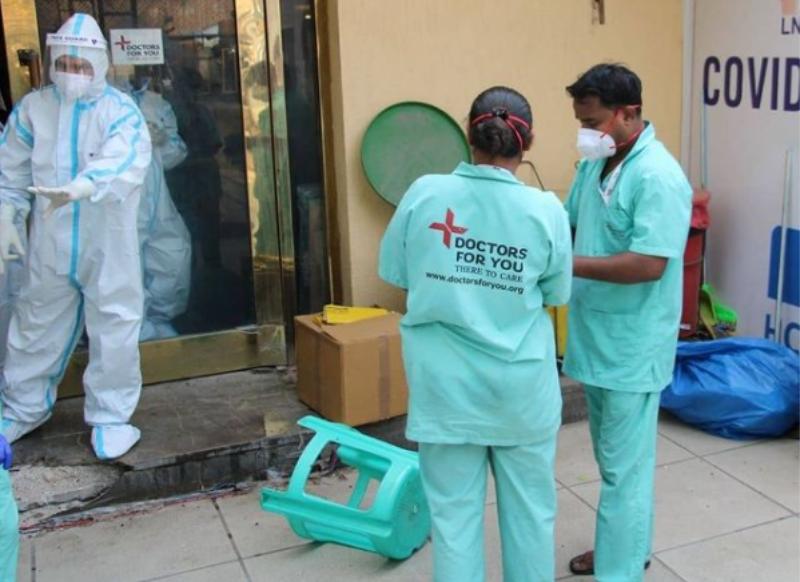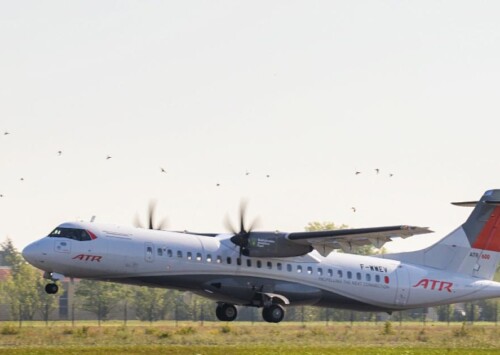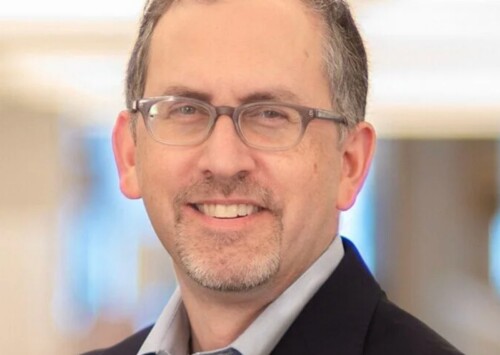Indian doctors fear assaults from patients’ families almost as much as coronavirus

According to Indian Medical Association, 75 pc of doctors face either verbal or physical abuse in hospital premises (MIG photos/ Varsha Singh)
In the first few days of June 2021, there have been several reports of healthcare workers including doctors being attacked in hospitals, such as the assault of a doctor and a nurse in a Covid-19 ward in the Hojai district of Assam and an on-duty doctor in West Bengal’s Hooghly district.
These are but two of numerous incidents of violence that healthcare workers have been subjected to in India by unhappy kin of patients. According to Indian Medical Association, the regulator of doctors in the country, 75 pc of doctors face either verbal or physical abuse in hospital premises.
The uncertainty and grief brought on by the Covid-19 pandemic has exposed India’s overworked healthcare professionals to another risk, just as concerning as the coronavirus that they have been fighting in hospitals across India, and indeed the world, over the past 18 months.
However, many doctors believe that this rise is not only due to the pandemic, but also because of the lack of healthcare education in India. Dr Manjari Tripathi, professor of neurology at AIIMS Delhi believes that a lack of awareness and regard to personal safety contributes to violence in the event of unexpected deaths.
“There are certainly more reported incidents due to increased CCTV coverage, social media and video recording on mobile phones. Medical personnel are easy targets for people who do not know that certain diseases can be fatal and death can occur. The biggest problem is that most people in our country are unaware of dangers of even simple issues like not wearing helmets or seatbelts; most wear them out of fear of police rather than reasoning that not wearing it can prove to be fatal in the event of an accident,” Dr Tripathi tells Media India Group.
She explains that the consequences of habits such smoking, drinking, and eating gutka(tobacco) are taken too lightly by many Indians.
“Most do not know that simple things like these can cause death. Most bring patients in too late and when they die they hit out at the medical team or destroy hospital infrastructure,” she adds.
In addition to a lack of knowledge, experts say that the main reason for violence against hospital staff is inadequate healthcare investment. Compared to other countries with similar Gross Domestic Product (GDP), only 1 pc of India’s GDP is invested in the healthcare sector.
“Sometimes if a patient dies and they are unable to pay the hospital bills, relatives resort to violence. Many in our country do not have any medical insurance to cover costs,” says Dr Tripathi.
According to a study in Indian Journal of Medical Research (IJNR), an important contributing factor to violence against doctors in government and corporate hospitals is “the feeling of wrongdoing by the doctors for financial gain” or anxiety during long waiting periods which gives rise to “the feeling that doctor is not giving enough attention to [their] patients.” Although doctors understand the frustration that comes with worrying for a sick relative, they are often swamped under the pressure of dealing with as many as 50 patients at a time, especially in the emergency wards.
“Of course the unexpected death of a young patient is always upsetting for the family, and there may be doctors or [hospitals] that cheat patients with high bills, but that’s a minority,” says Dr Nair, a neurologist from Kerala, adding, “this demoralises doctors the most, as most of us who go into the medical field do so with a dedication to serve, not everyone is there for the money. Patients and families cannot be assaulting people and breaking their bones. That’s something that should end in this country.”
Moreover, such aggressive behaviour, rather than helping speed up the process, only serves to distract doctors from patient care and causes hesitation in treating critical patients. When medical staff are confronted with belligerent conduct of the families, particularly in smaller facilities, very sick patients are often shifted to bigger hospitals.
“It is very demotivating and demoralising. In an emergency, the window for intervention is very important, so by the time the patient reaches another centre their health would have worsened, even critical and beyond salvage, so ultimately the patients and relatives are the ones who suffer,” says Dr Tripathi.
Doctors across the country have been demanding more stringent laws to be put in place to protect medical staff from such attacks. In a letter to union home minister Amit Shah, the Indian Medical Association said “India needs a comprehensive, uniform and effective law against the healthcare violence. The incidences of healthcare violence have increased over the years and have become widespread and the dreaded entity poses to be threat to the medical practice.”

Doctors protest for a safe work environment at Goa Medical College – June 14, 2019 (Photo: Teena Kurian)
Medical workers such as in the Assam chapter of the IMA have demanded that the chief minister arrange for armed security to be placed in all government hospitals, healthcare facilities and Covid-19 care centres, as well strict action against perpetrators in the form of fast-track trials.
“Starting from education in schools is crucial. People should be taught and assured that no service provider would willingly harm a patient, and that hitting out at service providers will lead to consequences. Having a police presence in each hospital with bodyguards is required. The law must be followed and swift action by the administration can act as a balm to what we have been facing,” explains Dr Tripathi.
The IJNR research article also stated that India’s “inordinately long legal procedures” and lack of “good grievance addressal systems in the majority of hospitals” lead to patients’ families being unable to express their grief and lashing out in dangerous ways. Experts also say that these attacks happen across the board and are not limited to only patients from underprivileged backgrounds; they occur both in government institutions as well as expensive private hospitals.
The risks to doctors’ safety is also dangerous in the long-term as it discourages doctors from working in rural areas or smaller facilities where their services are increasingly required.
“I have witnessed and experienced this. It is shattering on our self confidence and self esteem, and it makes us question why we took up medicine and why we stayed back in India instead of leaving for other countries that have better law enforcement,” says Dr Tripathi.
According to the IMA, 646 doctors have so far died due to Covid-19 in the second wave itself, and the pandemic has taken the lives of many of their families as well.
As Assam chief minister Himanta Biswa Sarma said, “Doctors, paramedics and all medical workers have set an example of dedication and commitment through their tireless service against Covid-19 and they must be shown the respect they deserve.”









